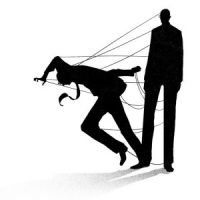Les attaques contre l’intervention de la France au Rwanda sont incompréhensibles et injustes
L’intervention de la France au Rwanda a commencé en réalité plus de trois ans avant le génocide. En octobre 1990, en effet, François Mitterrand, répondant à une demande du président rwandais, qui était confronté à une agression armée menée à partir de l’Ouganda par le Front patriotique rwandais (FPR), décida de déployer deux compagnies à Kigali, estimant que seul Juvénal Habyarimana était en mesure d’éviter une guerre civile entre les réfugiés tutsi et les extrémistes hutu. L’histoire lui donnera malheureusement raison lorsque le drame du génocide se nouera, dès son élimination.
Cependant, conformément aux règles qui venaient d’être adoptées au sommet franco-africain de La Baule, en même temps qu’il apportait son soutien militaire, le président Mitterrand exigea que le président rwandais entreprenne un processus de démocratisation du régime.… Seguir leyendo »











